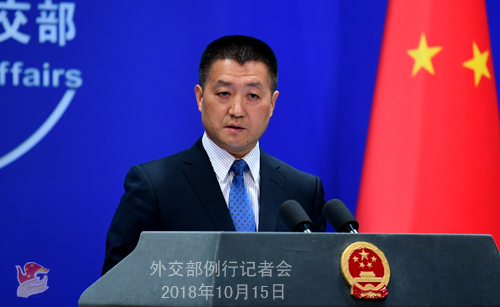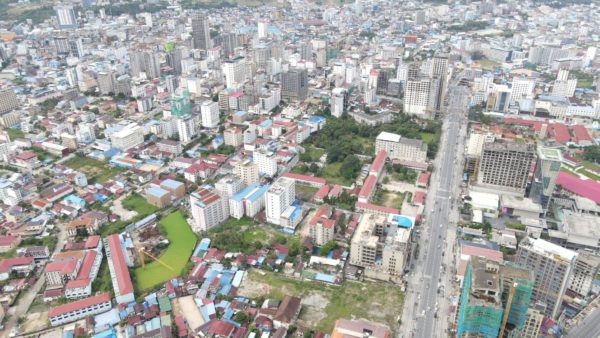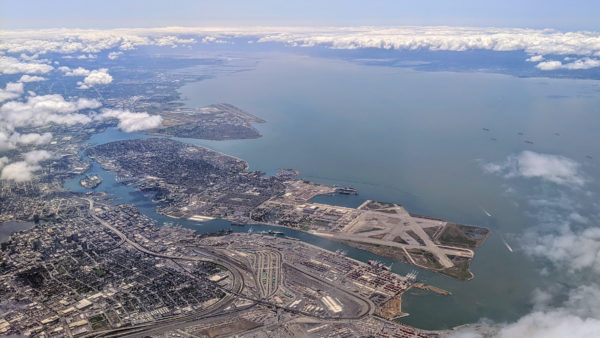Struggling with its finances, Pakistan has once again asked the International Monetary Fund (IMF) for a bailout, prompting China to warn against undue scrutiny into Chinese loans for the $62bn China-Pakistan Economic Corridor (CPEC).

China’s foreign ministry spokesman Lu Kang during his regular press conference in Bejing, 15 October 2018 (fmprc.gov.cn)
Its warning came after US State Department spokeswoman Heather Nauert (pictured) blamed CPEC for Pakistan’s money troubles and pledged to examine its debt "closely from all angles". The US dominates IMF through its large voting share.Â
But China’s foreign ministry spokesman Lu Kang yesterday refuted Nauert’s claim, saying "CPEC only constitutes a very small proportion of Pakistan’s debt".
Any IMF examination of Pakistan’s finances "should not affect the normal bilateral cooperation between China and Pakistan," he told reporters in Beijing.
"As a member of the IMF, China supports the organisation in objectively and professionally evaluating the situation in Pakistan and earnestly helping it properly address the current difficulty," Lu said.
Last week Pakistan’s finance minister Asad Umar formally requested help from the IMF at the fund’s spring joint meeting with the World Bank in Bali.
In what would be its 13th IMF bailout since 1988, Pakistan wants $7.5bn over three years to ease its troubles, newspaper Dawn reported, although the exact amount has yet to be determined. New Prime Minister Imran Khan has previously said the country needed up to $12bn, according to Dawn.
An IMF team will go to Islamabad on 7 November to start processing the request, Dawn reported.
The US used the request to criticise Pakistan’s Chinese debt.
On the day the request was announced – 11 October – US State Department spokeswoman Heather Nauert blamed CPEC in part for those troubles.
"I think part of the reason that Pakistan found itself in this situation is Chinese debt and the fact that there is debt that governments have incurred that they maybe thought wouldn’t be so tough to bail themselves out of, but has become increasingly tough," she said in answer to a reporter’s question.
She added the US would, through the IMF, examine Pakistan’s debt position "closely from all angles" while evaluating any loans programme.
A major plank in China’s global Belt & Road Initiative, CPEC is planned as a transformative transport-energy-industrial corridor stretching north-south from China’s western Xinjiang region to Pakistan’s port city of Gwadar on the Arabian Sea. Formalised in 2015, its estimated total investment value rose last year from $55bn to $62bn.
There have been signs of strain.
At the start of October Pakistan unilaterally slashed the $8.2bn price agreed with China for upgrading the 1,870-km, colonial-era Karachi-to-Peshawar railway by 25%.
And in July bouncing cheques from Pakistan’s treasury led to work stoppages on a number of CPEC road projects.
With its population of 200 million and patchy levels of industrialisation, Pakistan’s financial woes cannot be blamed solely on CPEC, however.
Widespread tax-dodging, "bloated" state-owned corporations, uncompetitive sectors and low levels of trading with Asia are cited in a Bloomberg commentary as deep and longstanding issues.
Top image: US State Department spokeswoman Heather Nauert blamed CPEC in part for Pakistan’s troubles (The White House)
Further Reading:










